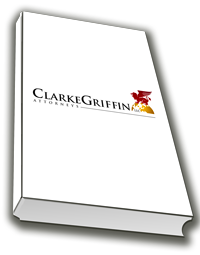If someone says something bad about you, whether it is oral or written, you may have a legal claim against them for the damage to your reputation that the statement may have caused. These statements that cause damage to your reputation are known as “defamation.”
There are two types of defamation: slander and libel. Slander is defamation that is communicated verbally, while libel is defamation that is communicated through writing or through a picture. It can take other published forms as well, including through films or art. Defamation can result in legal liability through a civil case. It is generally not considered a criminal action. A statement only has to be shared with a third person for it to be considered “published” or “public.”
There are also different standards that affect certain types of people. For example, private citizens often have more protections when it comes to defamation compared to famous people, such as movie stars or political figures. These “public figures” do not have as many protections because they are willingly in the limelight.
Defenses to Defamation Claims
There are several defenses available to those accused of defamation, which can make succeeding in a defamation claim difficult. Two of the most common are described below.
- Truth
If the statement is true, that is a complete defense to a defamation claim. The statement must be untrue or, at least, misleading for it to be subject to a valid defamation claim. This applies even when the statement or information has damaged your reputation.
- Privilege
Some individuals or entities that speak are not liable for defamation because they have certain privileges under the law. These privileges are available so that certain individuals can speak without fear of being liable for defamation. For example, public officials often have this privilege while performing their official duties. Those who are making statements in legislative proceedings or judicial proceedings also have this protection.
Retraction and Damages
If the alleged defamation is printed or written, you should first demand a retraction of the statement, picture, or other written or published material. This is an important first step in any demand for damages related to the harm to your reputation. Even if a retraction is printed, you can still collect damages for any harm that you have suffered in the interim.
Proving damages in a defamation case can be difficult because it is hard to quantify damage to your reputation in terms of money. However, an experienced attorney can help you with this process. Call the legal team at ClarkeGriffin, LLC at 503-543-4800 to schedule an appointment or to get more information.











